In this episode of the Smart Community Podcast I have a brilliant chat with Kim Houghton, the Chief Economist Officer at the Regional Australia Institute. Now this is another audio from the YouTube series I’ve been doing catching up with previous podcast guests and although Kim is not a previous podcast guest he is a good friend of the Smart Community Podcast. When we recorded this in mid April 2020, Kim was in quarantine in a hotel in Hobart. I am pleased to share an update that he is out of quarantine and everything is going ok.
In this interview Kim and I discuss what COVID has exposed for us, particularly in regional areas, such as connectivity issues, lack of digital literacy and the re-emergence of the decade old conversation about the digital divide in regions. We talk about online learning tools and the wider implications of that for those who don’t have reliable internet, plus the need for capacity and confidence building in digital skills for both young and old in regional and underserved areas. Given Kim was in quarantine at the time of recording, we also talk about the challenges of isolation, working from home and the power of digital connections, plus how we can make digital a tool that works for us, rather than being slaves to it. We finish our chat discussing the opportunities and challenges showing up in this crisis around the idea of regional resilience, plus why we all need to be mindful of Digital Etiquette. As this was not a normal podcast interview, Kim didn’t tell us how we can connect with him but you can find him on LinkedIn. As always we hope you enjoyed listening to this episode as much as we enjoyed making it.
Listen here:
What we cover in this episode:
- What COVID has exposed for us, particularly in regional areas, such as connectivity and digital literacy issues
- The re-emergence of a decade old conversation about the digital divide in regional areas
- A story about the opportunities and challenges of living and working remotely in country NSW
- Online Learning tools and the wider implications for those who don’t have reliable internet
- Digital literacy, capacity building and confidence building for young people and older people in regional or underserved areas
- Building a generation of informed, discerning and confident internet users
- Working from home and Kim’s experiences with quarantine
- The power of digital connections and the challenges of isolation
- Making digital tools work for us instead of being slaves to it
- How we can make flexible and remove work normal
- Balancing demand for remote work with workplace cultures that value physical proximity and the benefits of connection in person
- The opportunities, challenges and gaps being exposed regarding Regional Resilience
- Why we need to be mindful but also trained to practise Digital Etiquette
Quotes:
“In a way, it’s sounding like a revival of what we were talking about probably close to 10 years ago now in terms of the digital divide, because with more and more services and support relying on broadband to access—whether it’s online learning or whether it’s online health stuff—it’s really exploiting some weaknesses in a lot of regional communities in relation to use and access of those digital services.”
“This [COVID crisis] has put into sharp relief something that’s been worrying for a while, which is that the city kids generally have much more exposure to using online learning platforms and online learning tools…the wider implications of this are that there’s a generation of school kids in regional parts of the country who don’t have that familiarity with online learning, that online learning literacy that’s going to be completely necessary for the workplace of the future.”
“How can you use the internet wisely and as a good learning tool, if no one around you is doing it? What I like about that, though, is that the community responses to this have proven very effective in the past, and we can do that stuff again. So when the first wave of broadband started rolling out, there were lots of community hubs, where we’d get young kids talking to older people, there’s a lot of effort being put in at the community level, to build digital literacy. There is absolutely no reason—other than the current 1.5m rule—there’s no reason we can’t do more of that now.”
“We want to see a generation of users who are informed and discriminating, who can weigh up the quality and the range of information that they’re seeing, and have some judgment, through experience, which allows them to see what’s real and what’s not, and what’s true and what’s not. Because that will help to build their skills, their confidence and their capabilities.”
“Regions rely heavily on mobile labour. That’s classic economics: the labour will move to where the jobs are. But in a situation like this, where labour can’t move, that’s a real impediment to resilience. And actually, what we what we should have is much more robust internal sort of regional labor markets, when people are being skilled up…in their regional context. That self sufficiency is a big part of resilience.”
Connect:
Find the full show notes at: www.mysmart.community
Connect with Kim on LinkedIn
Connect with me via email: hello@mysmart.community
Connect with My Smart Community via LinkedIn or Twitter and watch on YouTube
The Smart Community Podcast is produced by Perk Digital.
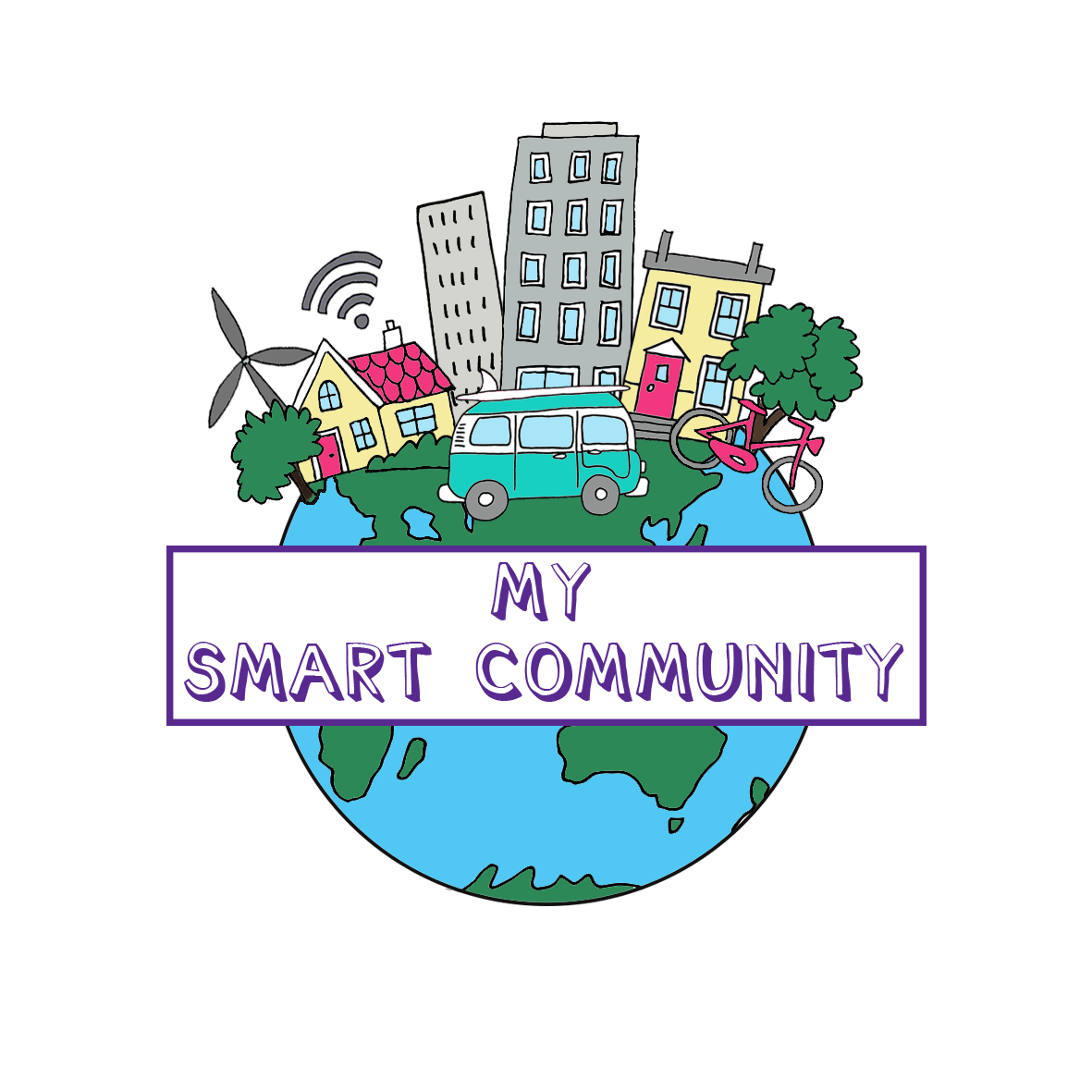
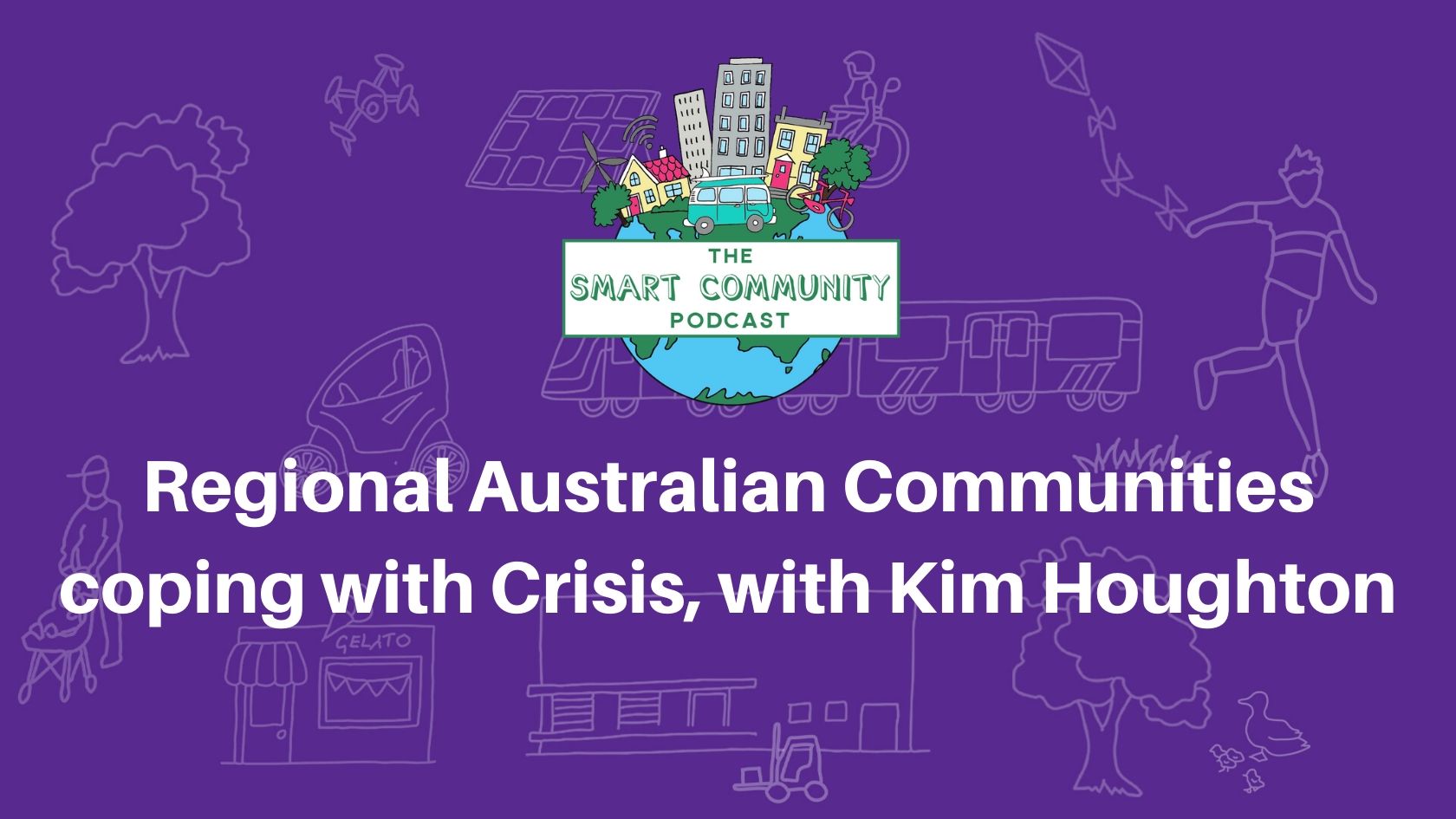
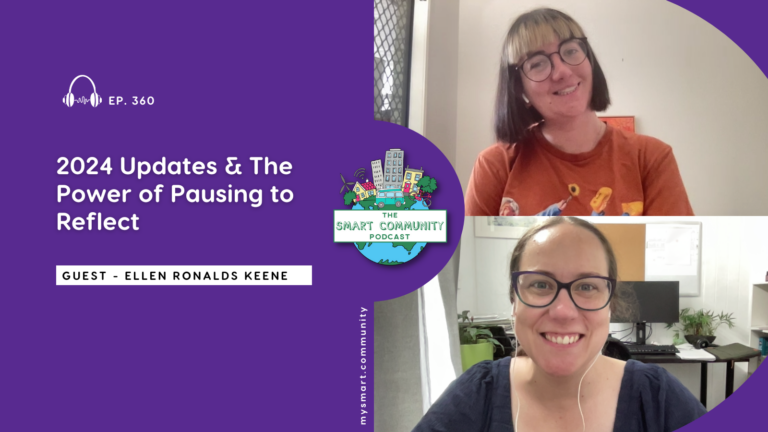
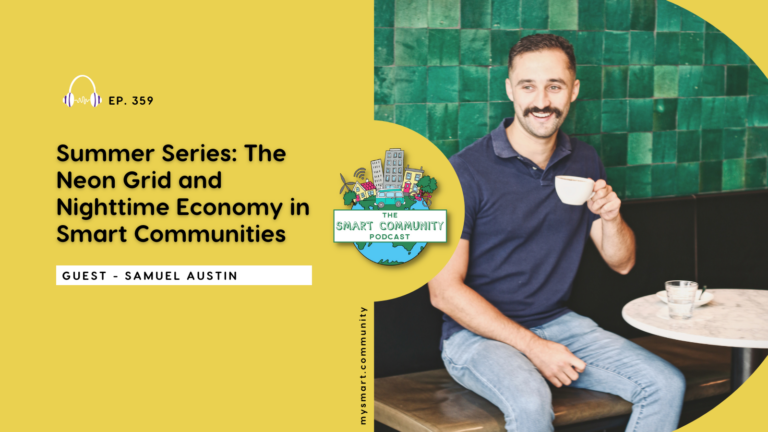
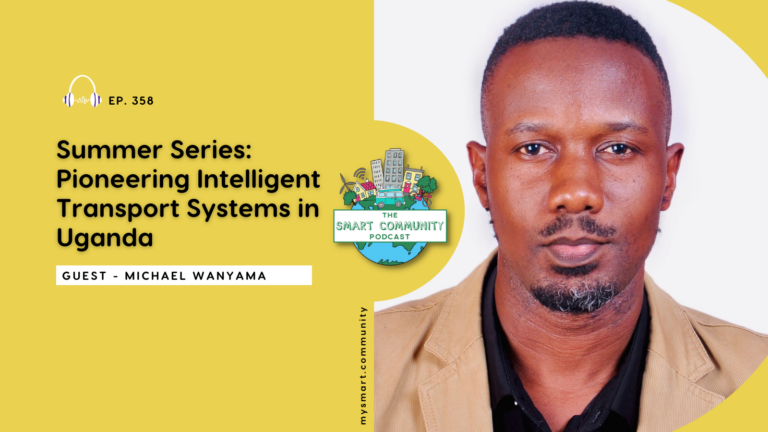

0 Comments